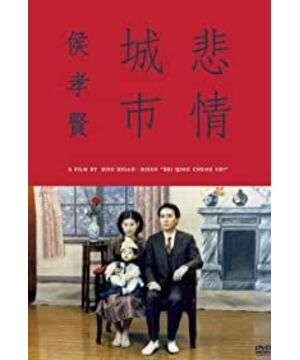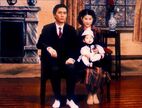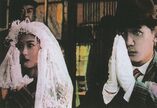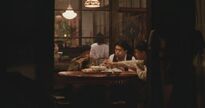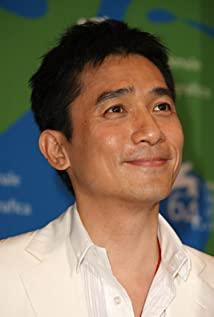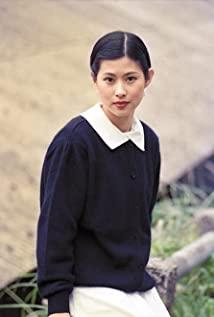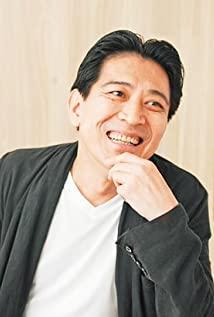When he was under Japanese occupation, he had a big family but refused to cooperate with the authorities, calling himself a "rogue". After the liberation, the sons of soldiers, one disappeared in Nanyang, and the other returned home in a madness. The mainstay of the family is the eldest son, and the fourth son, who is deaf and mute due to illness, has a somewhat independent temperament.
Later, the mad man recovered and became mad again; later, the eldest son was killed because of a quarrel in the sensual field; later, the fourth son was involved in political activities several times and was imprisoned and finally executed. Later, at the dining table where only men are allowed to sit in his family, only him, the madman, the eldest's side room, and the fourth's posthumous son...
After all, there is more hope than "Alive".
There is "sorrow", and it is quite vicissitudes, but it is buried in the days of flowing clouds and water. Compared with the film itself, these two words in the title are too blunt, and preconceivedly set the viewing angle for the audience. Go the route with deep still water, or better.
View more about A City of Sadness reviews


